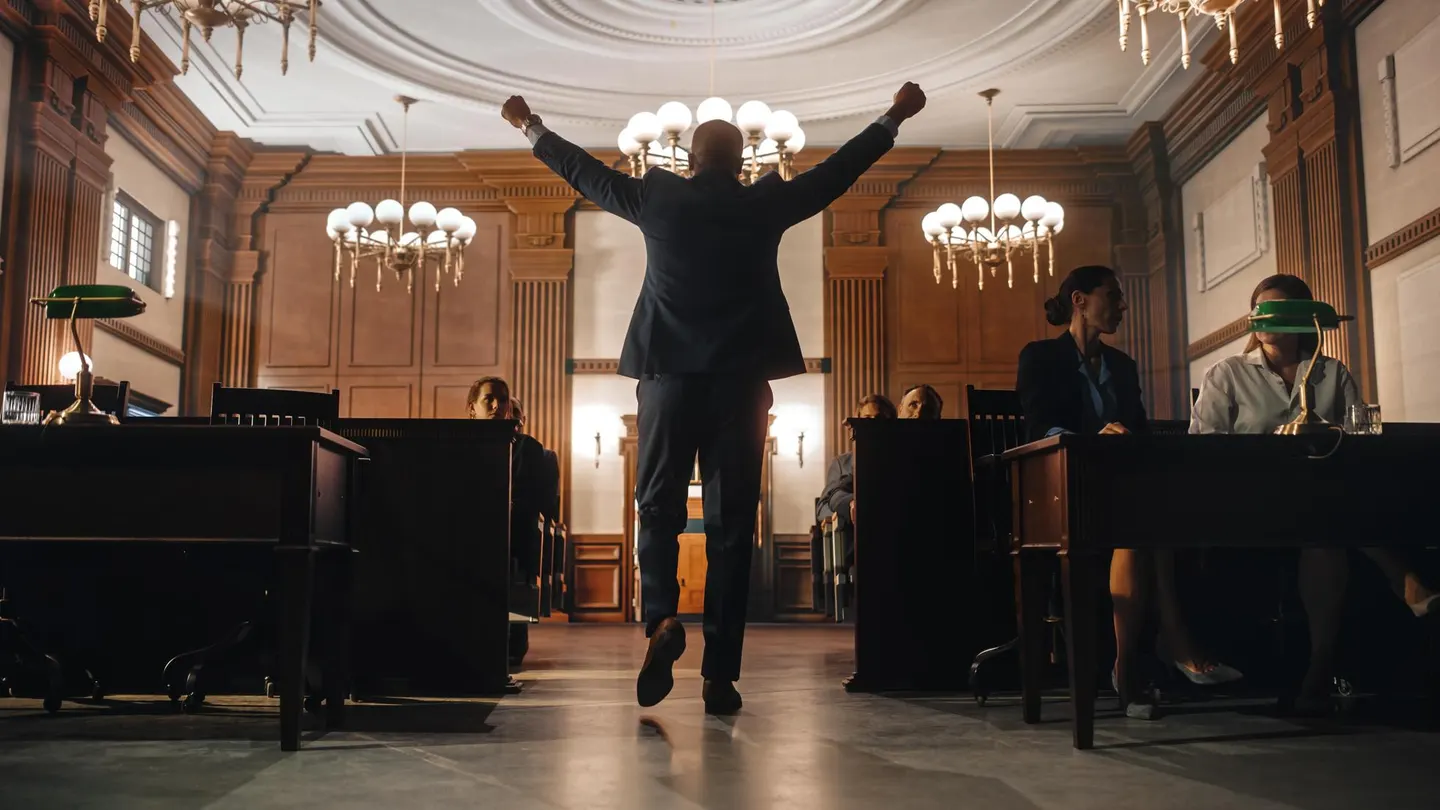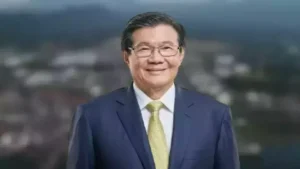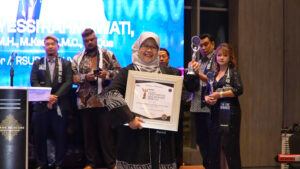New York — The legal profession is often described as a calling, and the Forbes Top Lawyers 2025 list proves why. This year’s honorees—250 attorneys from across the United States—represent the pinnacle of legal excellence, combining technical mastery with unwavering dedication to justice and client advocacy.
From defending free speech rights of social media companies to leading billion-dollar antitrust cases, these lawyers embody resilience and innovation. Among them are:
- Ambika Kumar, known for defending digital platforms in landmark free speech cases.
- Steve Berman, co-leading antitrust litigation against the NCAA.
- Sigrid McCawley, representing survivors of Jeffrey Epstein.
- Karen Dunn, who left Big Law to co-found a boutique firm handling high-stakes trials for Apple, Google, and Uber.
- Justin Nelson, a rising figure in AI-related litigation, securing a $1.5 billion settlement against Anthropic.
The list also highlights a growing trend: elite lawyers leaving large firms to establish boutique practices, leveraging technology and agility to deliver sharper, more efficient results.
Forbes notes that artificial intelligence is reshaping the legal landscape, with firms racing to adopt tools that enhance efficiency while creating new practice areas around AI disputes. Attorneys like Christa Brown-Sanford of Baker Botts are pioneering this frontier, balancing innovation with responsibility.
Beyond technology, the honorees are also navigating sensitive cultural and social issues—from civil rights litigation to high-profile celebrity cases—demonstrating that law remains both a shield and a sword in society’s most pressing debates.
As Forbes emphasizes, these lawyers are more than practitioners: they are trusted counselors, negotiators, and advocates whose work shapes industries, protects rights, and influences public discourse.
The Top Lawyers 2025 list is not just a recognition of individual achievement, but a celebration of the profession’s enduring role in upholding justice and guiding change.











